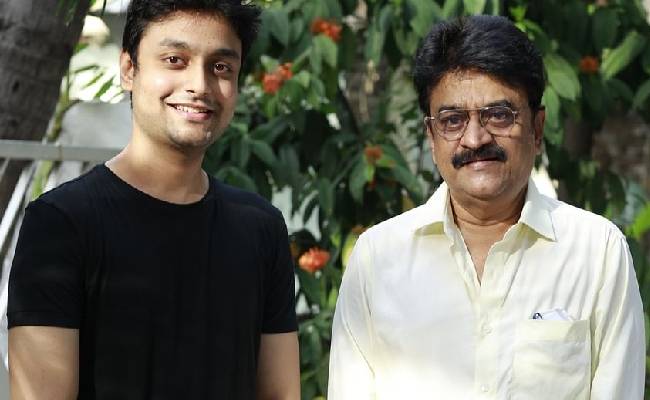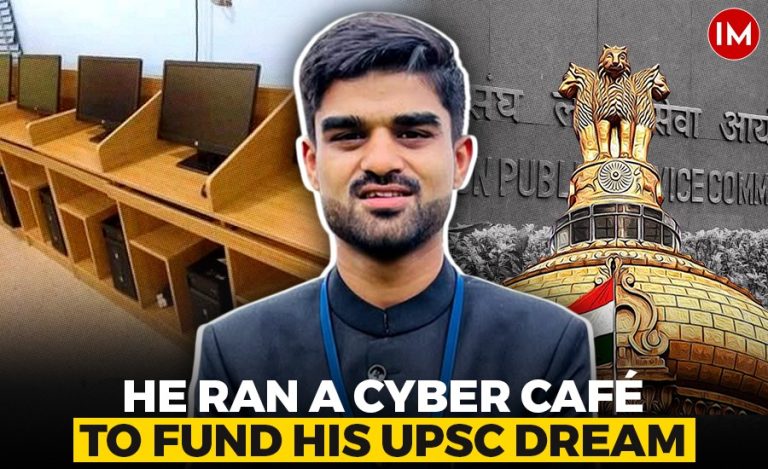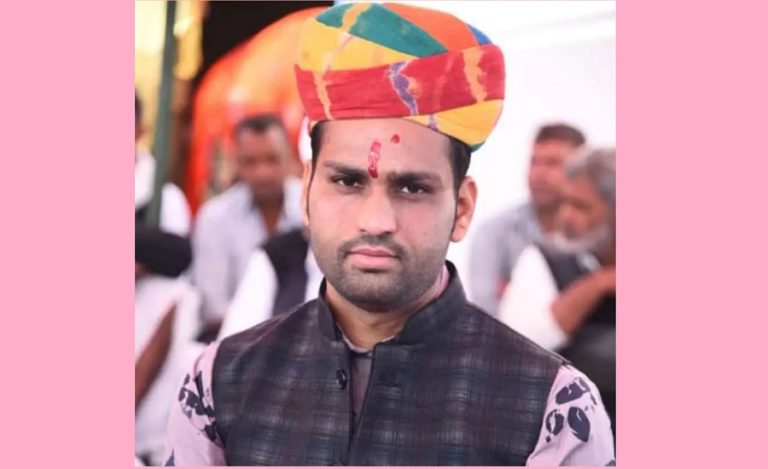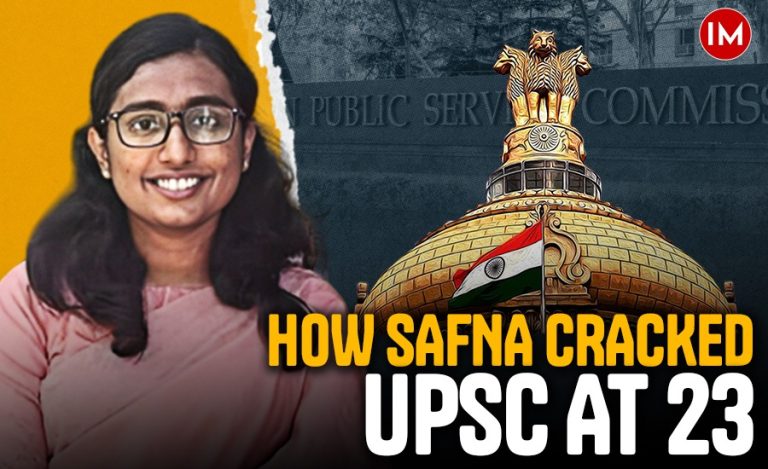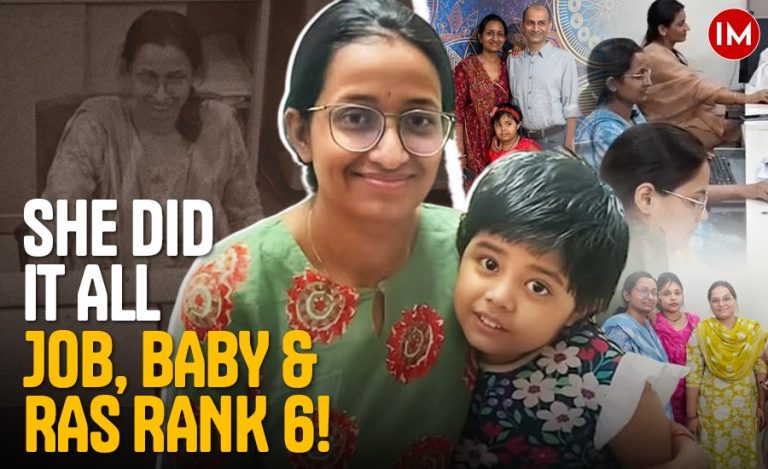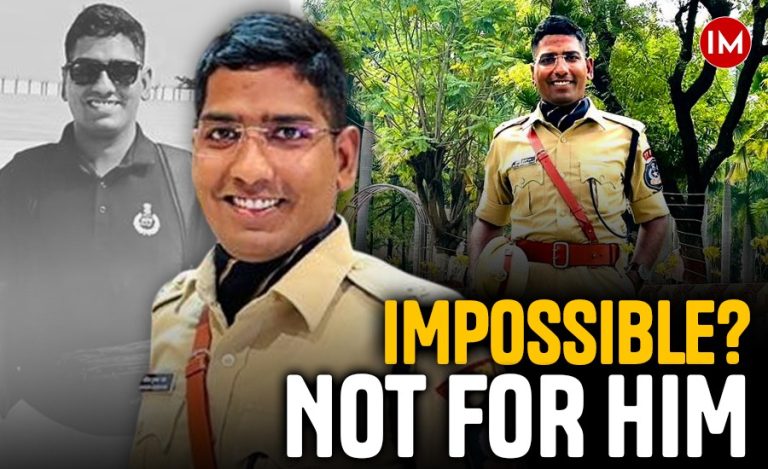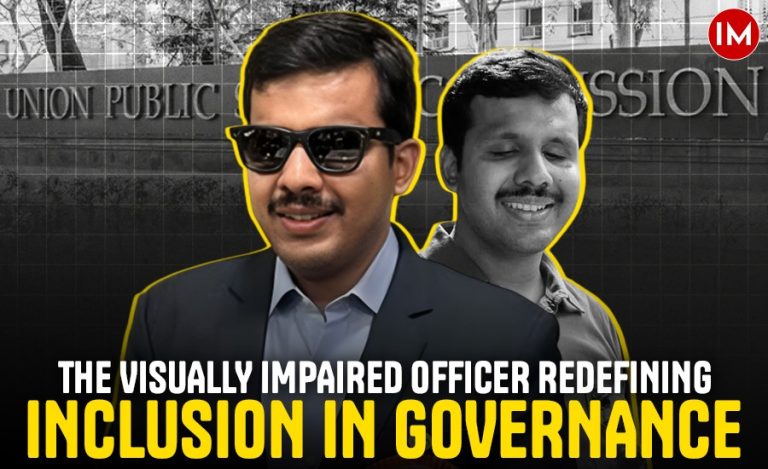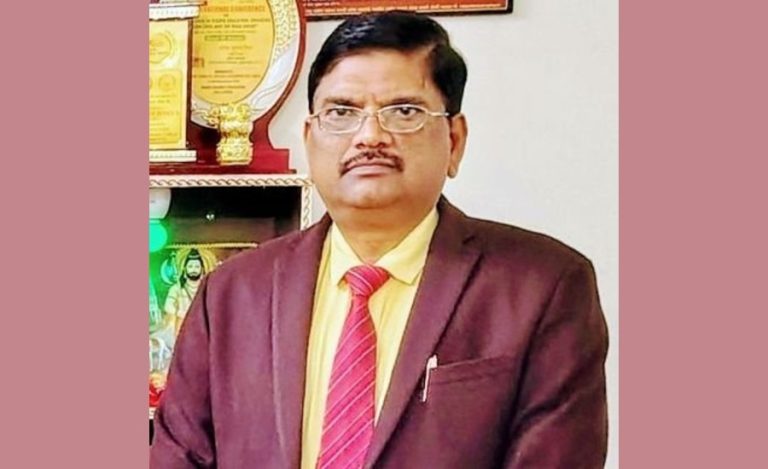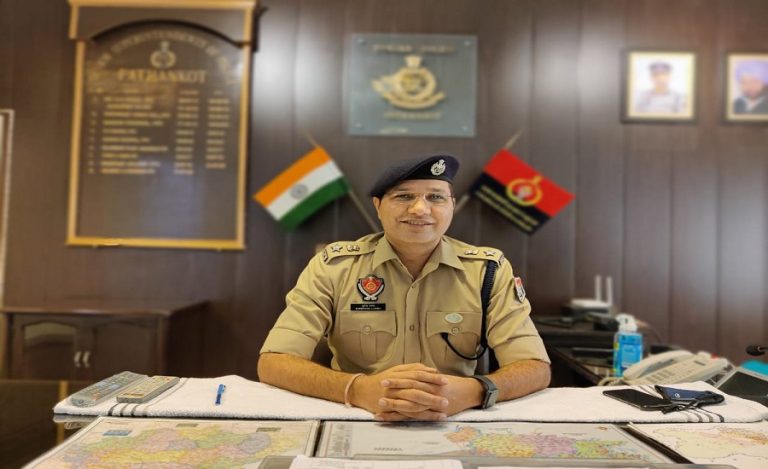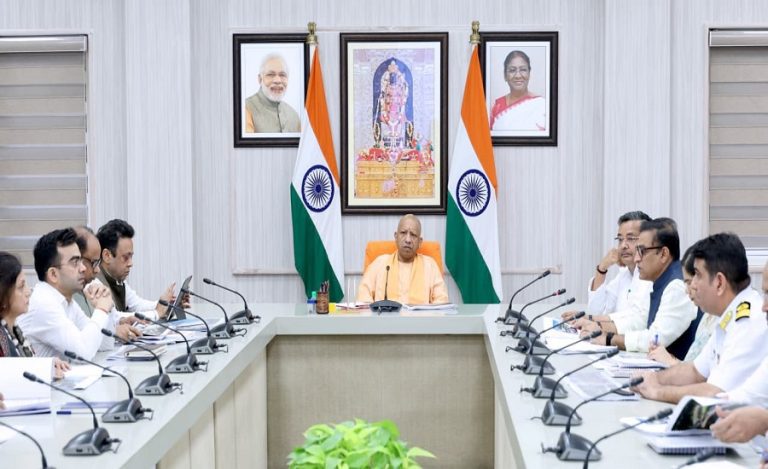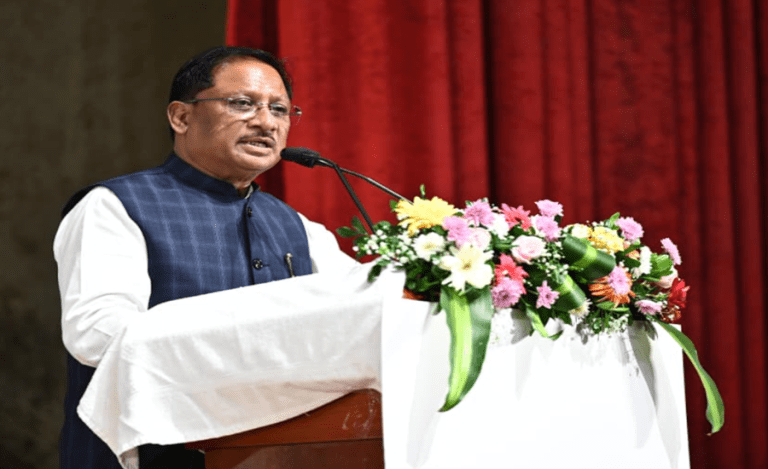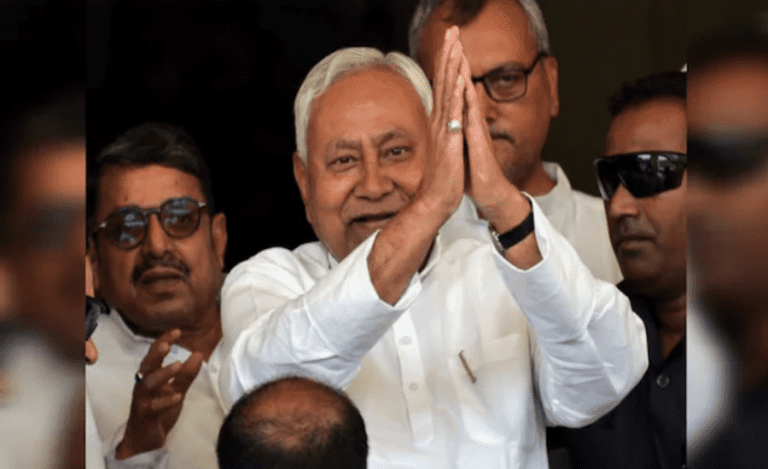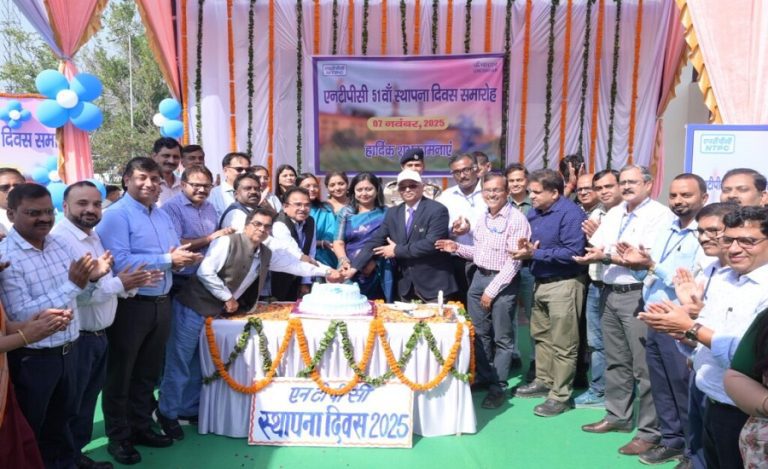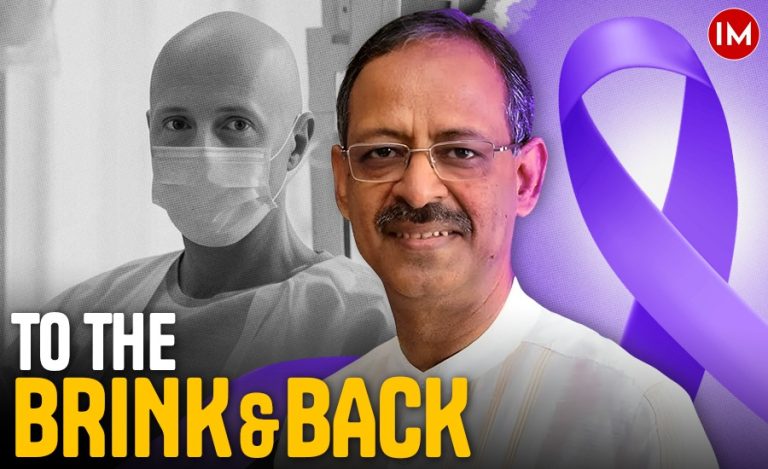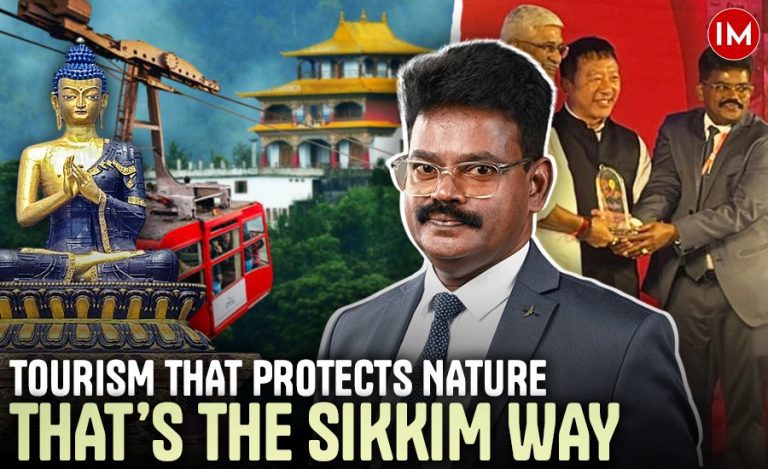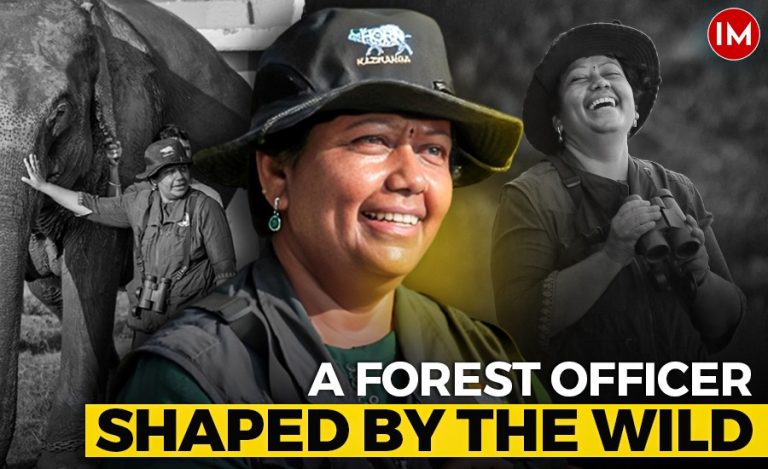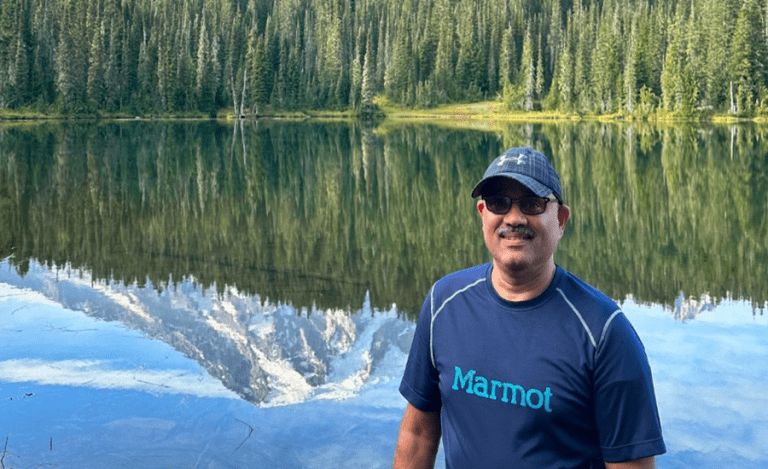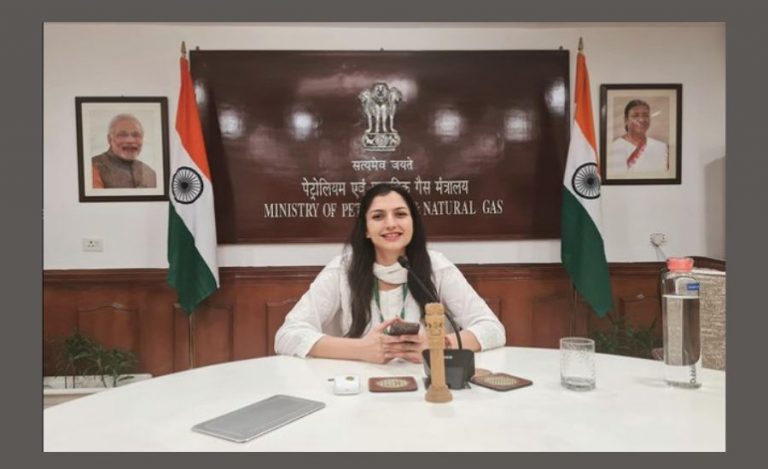Krishnamurthy Narayanan, popularly known as Chinni Jayanth in Tamil cinema for his comedy acts in films starring Rajnikanth during the Eighties, is the proud father of an IAS officer. His son, Srutanjay Narayanan, bagged the 75th rank in the UPSC CSE 2019, the results of which were declared in 2020.
The Tamil film fraternity applauded his achievement. Superstar Rajinikanth also called Chinni to congratulate him on his son’s success.
Srutanjay Narayanan is now posted as assistant collector in the Tuticorin district of Tamil Nadu. Indian Masterminds takes a brief look at his life to find out about his UPSC journey and, also, to know more about the person behind the IAS officer.
EARLY EDUCATION
Srutanjay cracked CSE 2019 in his second attempt. He was born in Chennai and did his early education there. He has a Bachelor’s degree in Geographic Information Science and Cartography from College of Engineering, Guindy, and a Master’s Degree in Liberal Arts and Sciences/Liberal Studies from Ashoka University, Haryana.
He studied Geoinformatics because of his passion for geography. In an interaction with media soon after his UPSC results, he had said, “Because of the application-based nature of the science, you can learn a little bit of everything. In that way, it is comparable to studying for UPSC.”
SOCIOLOGY AS OPTIONAL
He was surrounded by eminent sociologists like Amita Baviskar, Andre Beteille and A.F. Mathew during his time at Ashoka University. This inspired him to take Sociology as his optional subject. He considers it a topic that provided him with a comprehensive understanding of the workings of social institutions and processes and allowed him to see the world through their eyes.
He says, “It’s critical to have confidence in your optional subject because it provides you with some leverage while attempting to achieve a high rank.”
STRATEGY FOR CSE
The implementation of PCP – Practice, Consistency and Patience – helped him in his UPSC preparation. It hurt him when he didn’t pass the Prelims in his first attempt, but it turned out to be a valuable learning experience for him in the long run. Now he encourages all to take lessons from negative experiences and get back into action as soon as possible.
“It is important to not stop and continue learning. Consistent practice compounds learning.” Applying this philosophy gave him a boost in confidence.
As for strategy, he says “you must discover what works best for you.” His mother was instrumental in leading him towards a manner of preparation that matched his personality.
IMPORTANCE OF FAMILY AND FRIENDS
He emphasises the importance of family and friends – a robust support system – during the preparation period “because the UPSC system is a long process.” Also, having mentors is important. “It never hurts to have mentors you can contact. It can help you to stay encouraged throughout the process. Overall, all you have to do is trust the process and wait.”
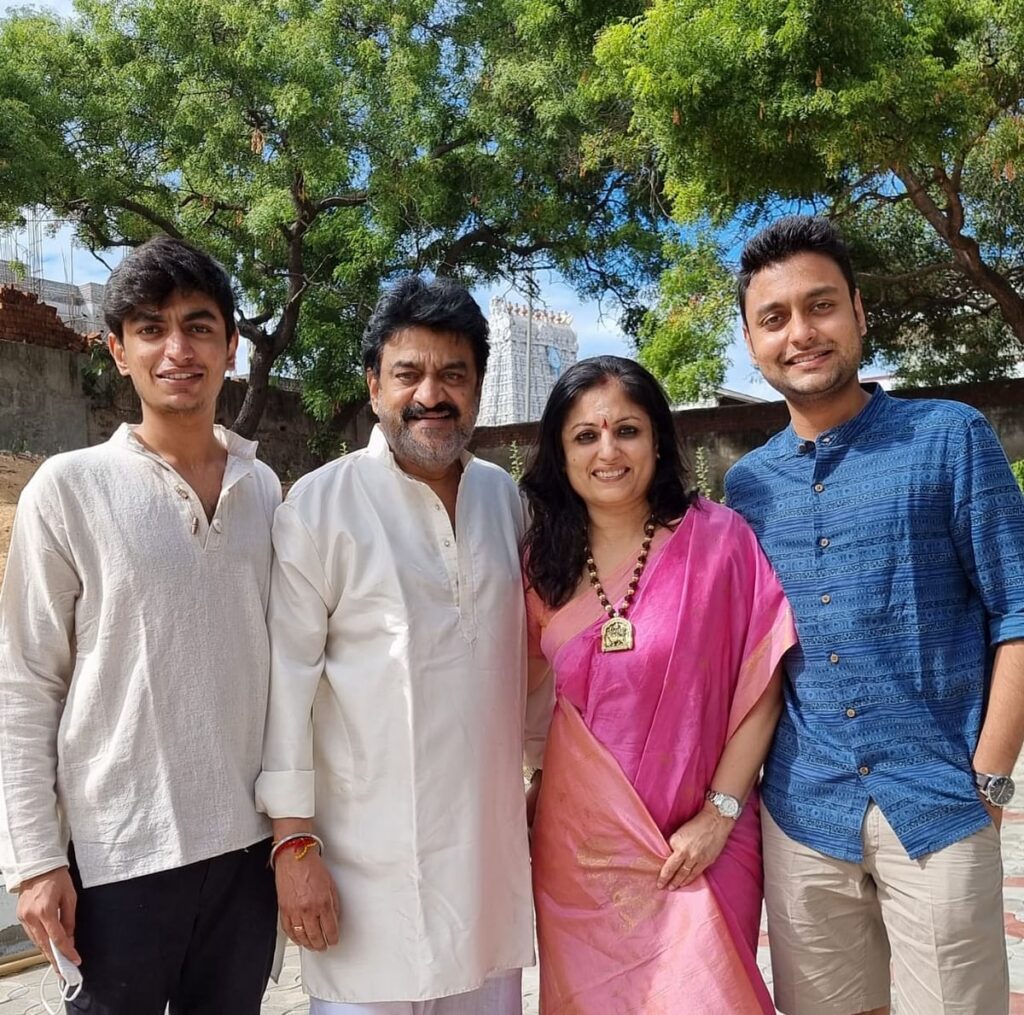
He calls himself a positive person who is willing to take help from everyone, including “my parents, friends, instructors, co-workers, and even cab drivers.”
VISION NECESSARY
According to him, becoming an IAS is a tough choice but not having a vision is tougher. One should be prepared mentally because it is not an overnight challenge but takes years to get ready and pass it. “Aspirants should remember that it requires a lot of patience and perseverance. Even after passing the exam, there is a training period, which might be tough at times, but one should not stop.”
A MAN OF VARIED INTERESTS
He is a person of varied interests. In his LinkedIn profile, he writes: “In college, I have dabbled in most things apart from studying, including directing plays, curating symposiums and managing events.”
His Twitter handle mentions him as a “music and heritage enthusiast” while his Instagram profile says he is a “history and travel buff.”
BELIEVES IN INCLUSIVITY
Giving a glimpse of his leanings in life, Srutanjay’s writes in his LinkedIn profile: “My Master’s degree in Liberal Arts and Sciences/Liberal Studies from Young India Fellowship has given me a framework to understand and solve ‘wicked’ problems of the 21st century. I strongly believe that we live in an ‘abundant’ timeframe in history where we can easily choose to build a fantastic ecosystem for everyone to excel. There’s a possibility to include and embrace multiplicities. Hence, let’s enable this.”

